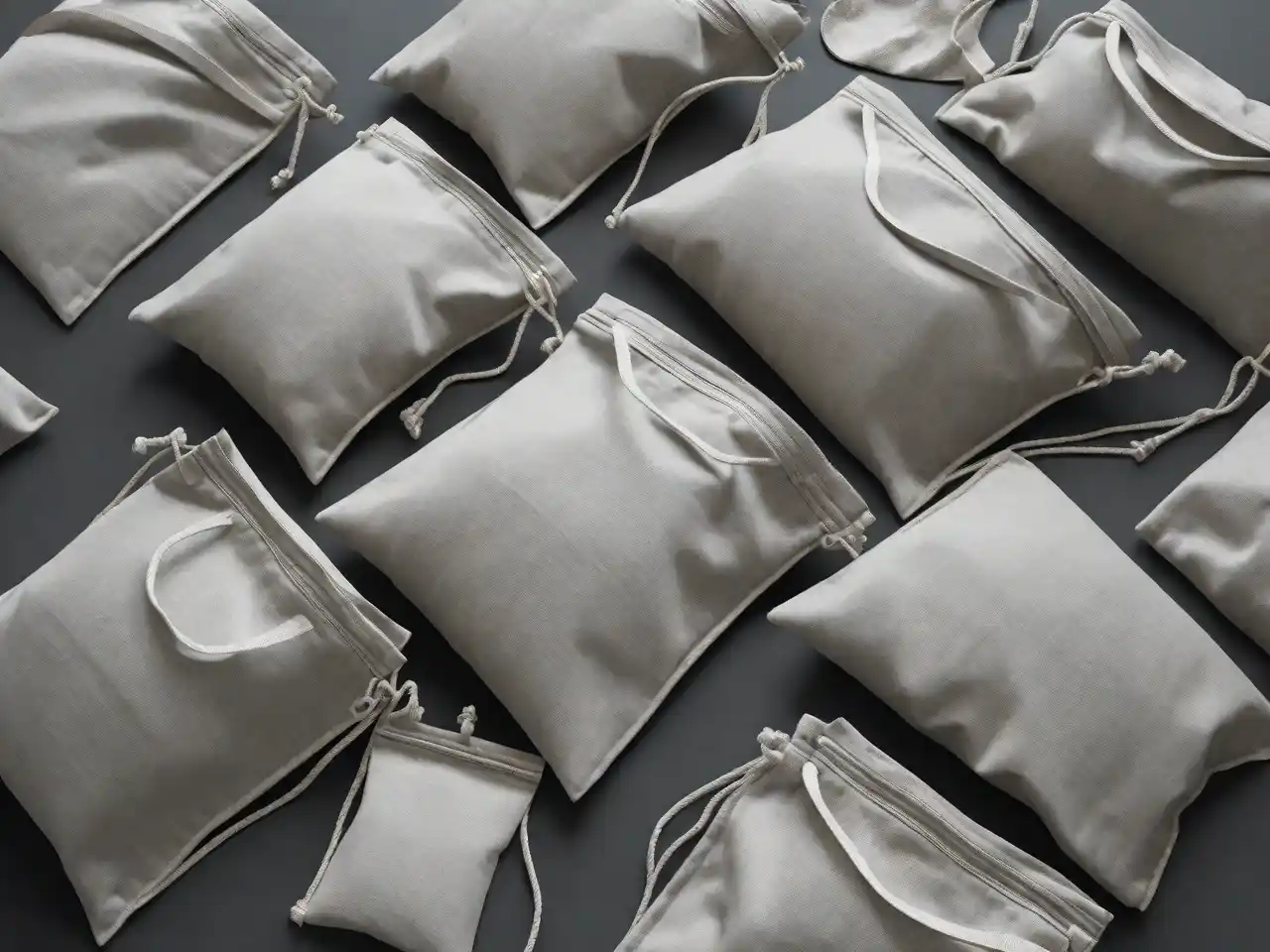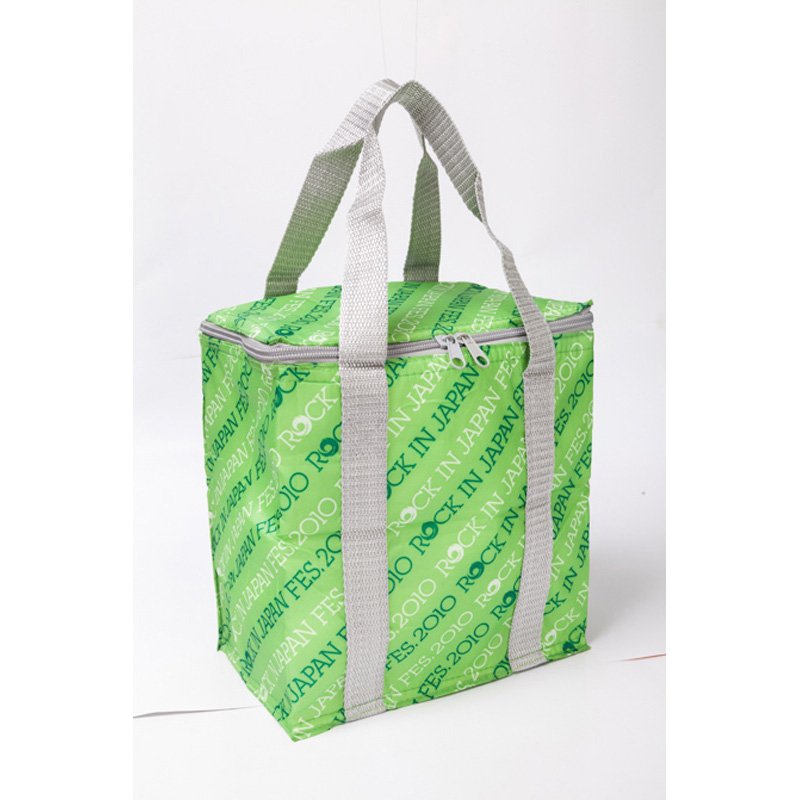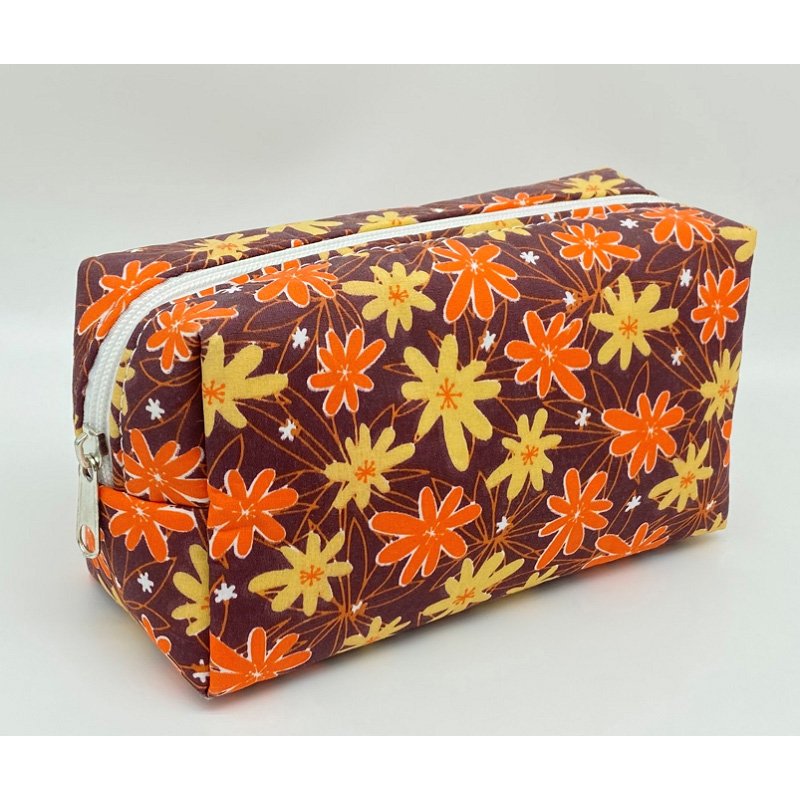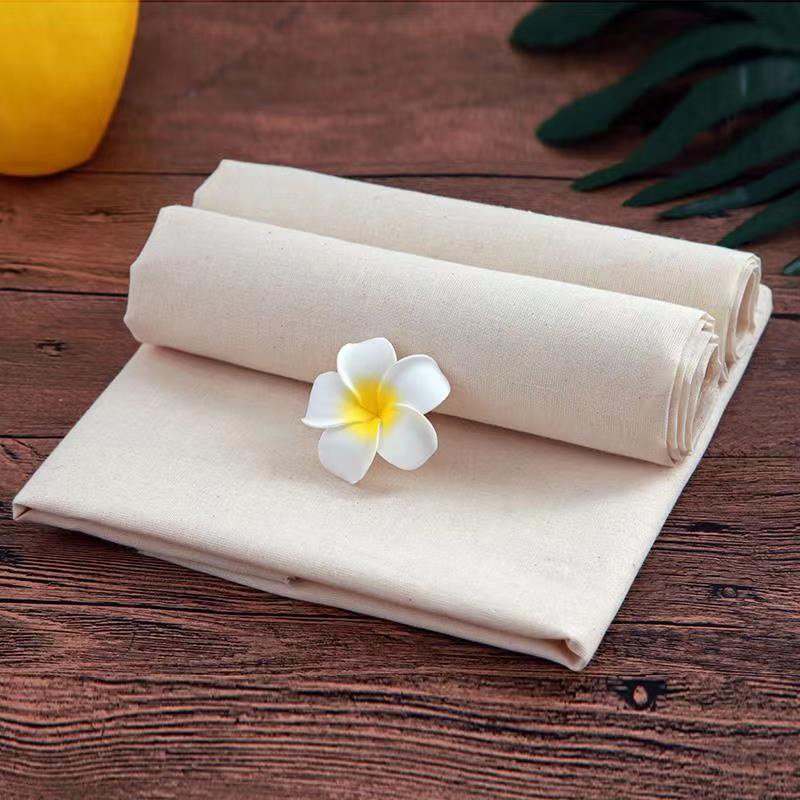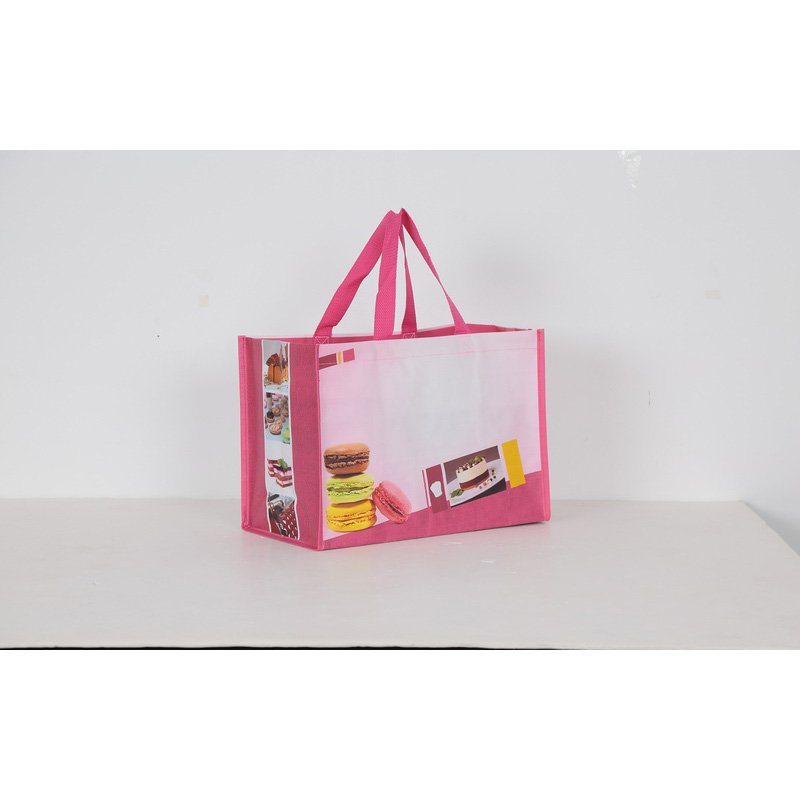Introduction
In today's environmentally conscious market, cotton bags have emerged as a popular choice for consumers and businesses alike. As a result, the demand for reliable cotton bag manufacturers has increased significantly. However, not all manufacturers are created equal, and evaluating the quality of their products is crucial for making informed purchasing decisions. This article will provide a comprehensive guide on how to assess the quality of products from cotton bag manufacturers, ensuring that you choose the best options for your needs.
Understanding Cotton Bags
What Are Cotton Bags?
Cotton bags are reusable bags made primarily from cotton fabric. They are known for their durability, eco-friendliness, and versatility. Unlike single-use plastic bags, cotton bags can be used multiple times, making them a sustainable alternative for shopping and carrying goods.
Types of Cotton Bags
There are various types of cotton bags available in the market, including:
- Canvas Tote Bags: Sturdy and spacious, ideal for groceries or daily use.
- Drawstring Bags: Lightweight and convenient for carrying smaller items.
- Promotional Cotton Bags: Customizable bags used for branding and marketing purposes.
- Shopping Bags: Designed specifically for retail, often featuring reinforced handles.
- Beach Bags: Larger cotton bags suitable for carrying beach essentials.
Each type of cotton bag serves different purposes and caters to various consumer needs.
The Importance of Evaluating Quality
Why Quality Matters
When sourcing from cotton bag manufacturers, quality is paramount. High-quality cotton bags not only enhance the customer experience but also reflect positively on your brand. Poor-quality bags can lead to customer dissatisfaction, increased returns, and damage to your reputation. Additionally, high-quality products can foster customer loyalty, encouraging repeat business.
Key Factors Influencing Quality
Several factors influence the quality of cotton bags, including:
- Material: The type of cotton used affects durability and feel. Organic cotton is often preferred due to its environmental benefits.
- Stitching: Quality stitching ensures that the bag can withstand heavy loads. Double stitching at stress points is a sign of good craftsmanship.
- Finishing: Proper finishing techniques enhance the bag's appearance and longevity. This includes processes such as washing and dyeing.

How to Evaluate Cotton Bag Manufacturers
1. Research Manufacturer Credentials
Check Certifications
When evaluating a cotton bag manufacturer, it's essential to check for industry certifications. Certifications such as OEKO-TEX® or GOTS (Global Organic Textile Standard) indicate that the manufacturer adheres to strict environmental and safety standards. These certifications ensure that the cotton used is free from harmful substances and produced in an environmentally friendly manner.
Read Reviews and Testimonials
Look for reviews and testimonials from previous customers. Positive feedback can provide insights into the manufacturer's reliability and product quality. Websites like Trustpilot or industry-specific forums can be valuable resources for gathering this information.
2. Assess Material Quality
Fabric Type
The type of cotton used in manufacturing is crucial. Look for manufacturers that use 100% natural cotton or organic cotton to ensure sustainability and quality. Organic cotton is grown without synthetic pesticides or fertilizers, making it a healthier choice for consumers and the environment.
Weight and Thickness
Evaluate the weight (measured in grams per square meter) of the fabric. Heavier fabrics generally indicate better durability. A standard weight for a good-quality cotton tote bag is around 200-300 GSM (grams per square meter). A higher GSM typically means that the bag will be more robust and able to carry heavier items without tearing.
3. Examine Craftsmanship
Stitching Quality
Inspect the stitching on the bags. High-quality stitching should be even and tight, with no loose threads. Double stitching at stress points enhances durability, especially if the bag is expected to carry heavy loads regularly.
Handle Strength
Check the handles of the cotton bags. They should be securely attached and able to support significant weight without tearing. A well-constructed handle will often have reinforcement at its attachment point to prevent ripping during use.
4. Request Samples
Before placing a bulk order, request samples from potential cotton bag manufacturers. This allows you to evaluate the product firsthand regarding material quality, craftsmanship, and overall appearance. Assessing samples will enable you to make a more informed decision based on tangible evidence rather than just marketing claims.
5. Evaluate Customization Options
Printing Techniques
If you require branding or customization, inquire about the printing techniques used by the manufacturer. Common methods include screen printing and digital printing. Ensure that these methods produce vibrant colors that are resistant to fading over time.
Design Flexibility
Assess whether the manufacturer can accommodate your design specifications, including size, color options, and additional features like pockets or zippers. A flexible manufacturer can help you create unique products that stand out in a competitive market.
6. Review Pricing Structure
Compare Prices
While price should not be the sole factor in your decision-making process, it is essential to compare prices among different cotton bag manufacturers. Ensure that you are getting a fair price for the quality offered by each manufacturer.
Understand Minimum Order Quantities (MOQs)
Many manufacturers have minimum order quantities that may affect your purchasing decision. Ensure that their MOQs align with your needs; ordering too many bags may lead to excess inventory costs if they do not sell as expected.
Additional Considerations
1. Sustainability Practices
In today's market, consumers are increasingly concerned about sustainability. Evaluate whether the manufacturer employs eco-friendly practices in their production processes, such as using organic materials or sustainable packaging methods. A commitment to sustainability can enhance your brand's image and appeal to eco-conscious consumers.
2. Customer Service
Quality customer service is vital when working with any supplier. Assess how responsive and helpful the manufacturer is during your inquiries. A manufacturer that values customer service will likely be more reliable in fulfilling orders accurately and on time.
3. Delivery Times
Inquire about delivery times before placing an order. Timely delivery is crucial for maintaining inventory levels and meeting customer demands; delays can lead to lost sales opportunities.
4. After-Sales Support
Consider whether the manufacturer offers after-sales support or warranties on their products. Good after-sales service can provide peace of mind in case issues arise after purchase.
Conclusion: Making an Informed Choice
Evaluating the quality of products from cotton bag manufacturers requires careful consideration of various factors, including material quality, craftsmanship, customization options, sustainability practices, customer service, delivery times, and after-sales support. By following this guide, you can make informed decisions that align with your business needs while ensuring high-quality products for your customers.Choosing a reliable cotton bag manufacturer not only enhances your brand's reputation but also contributes positively to environmental sustainability efforts by promoting reusable products like cotton bags. Take the time to research potential manufacturers thoroughly, request samples, assess their capabilities before making a commitment, and ensure they align with your values as a business owner.In summary, investing time in evaluating potential suppliers will pay off in terms of product quality and customer satisfaction in the long run.

